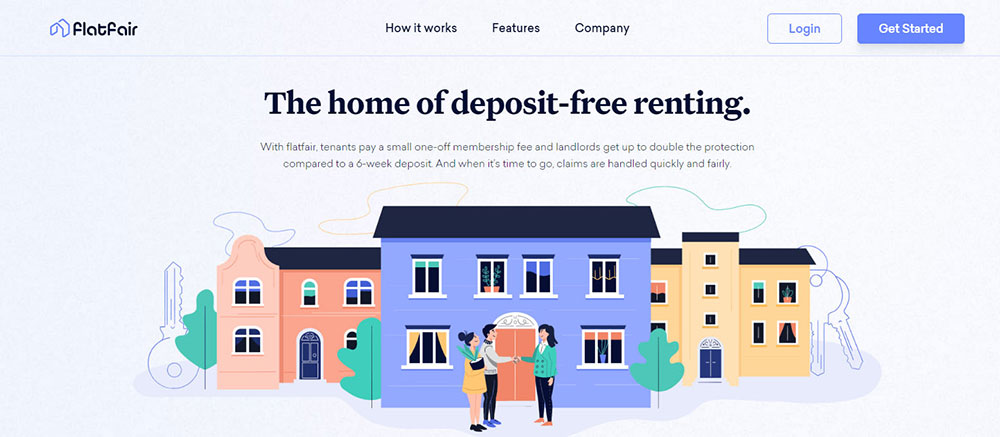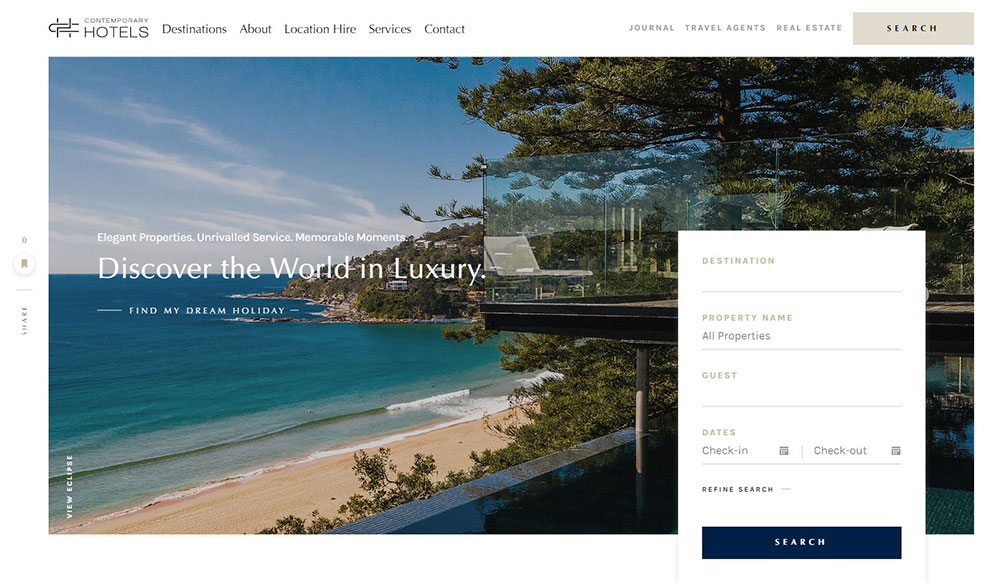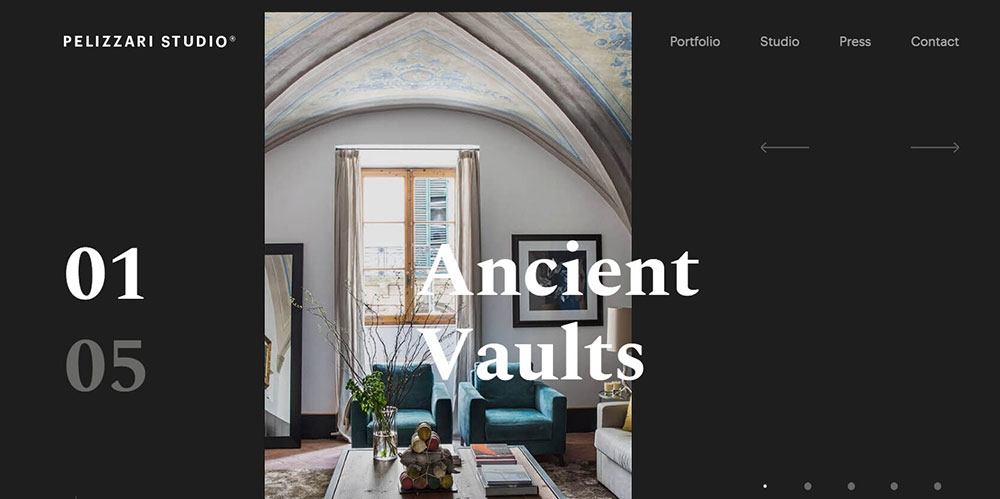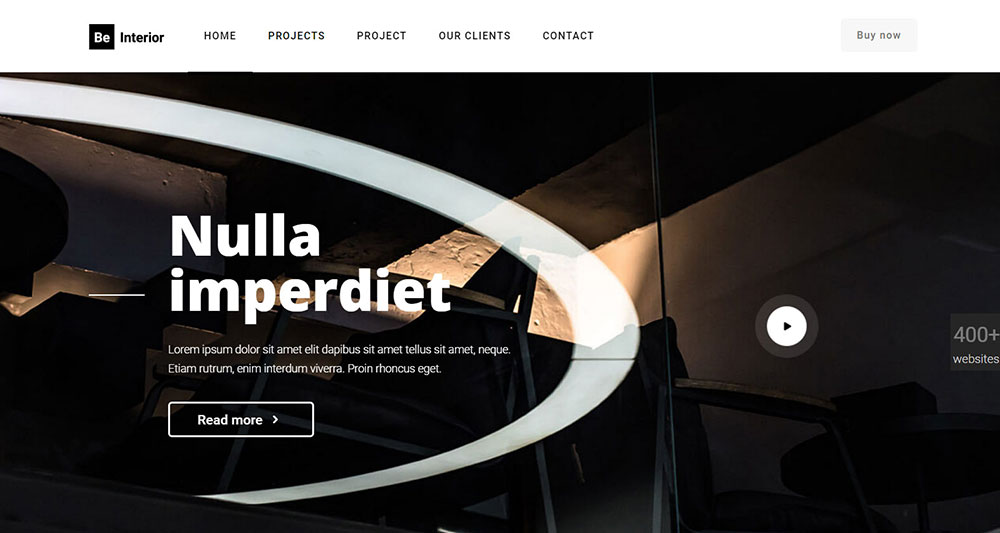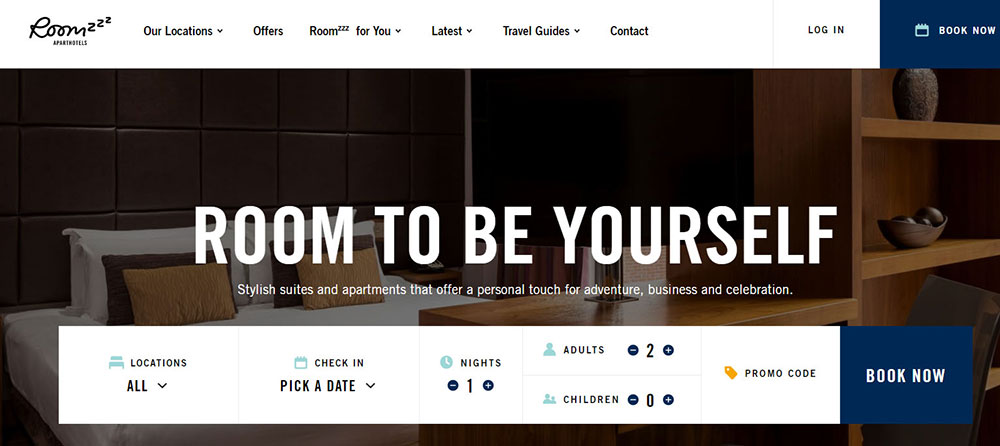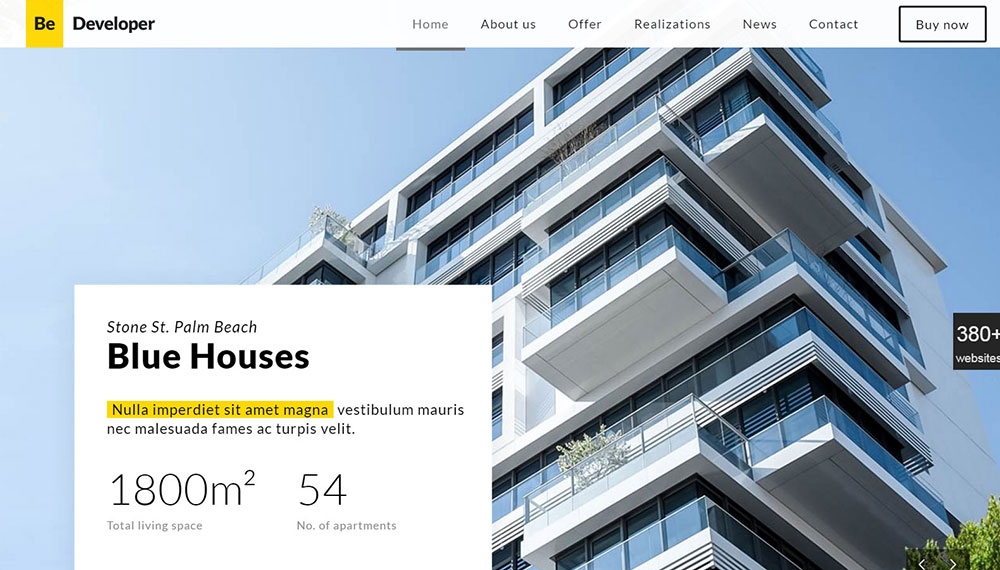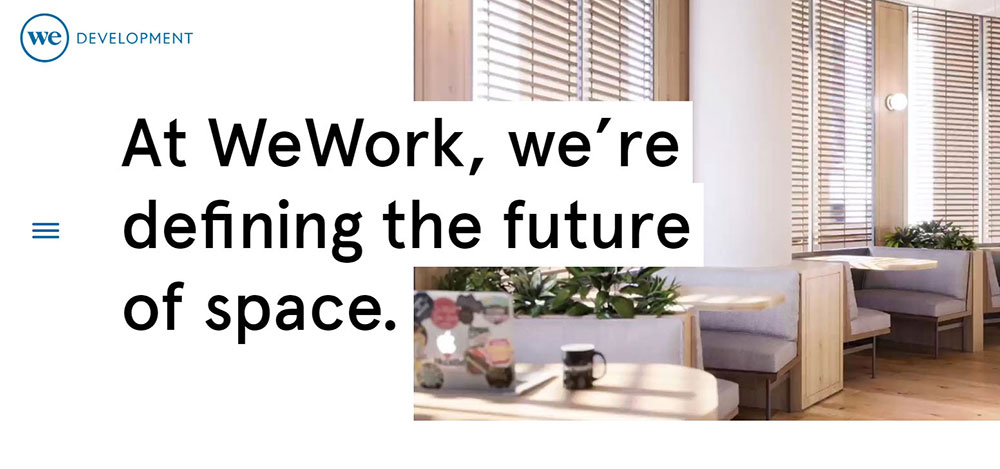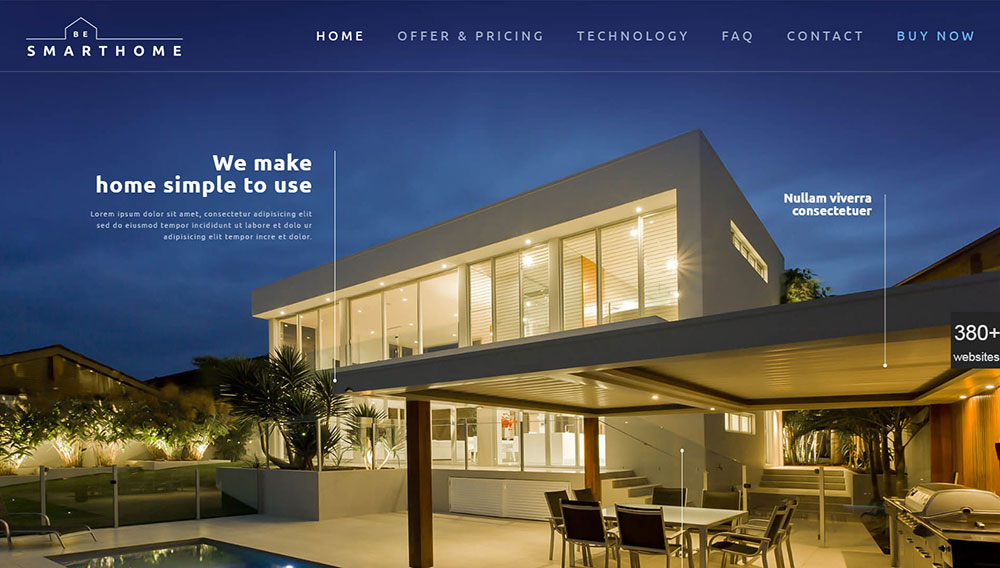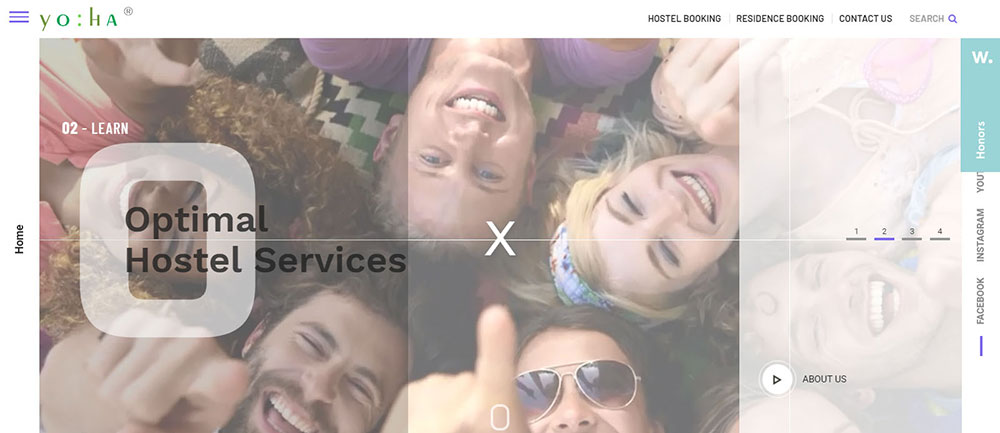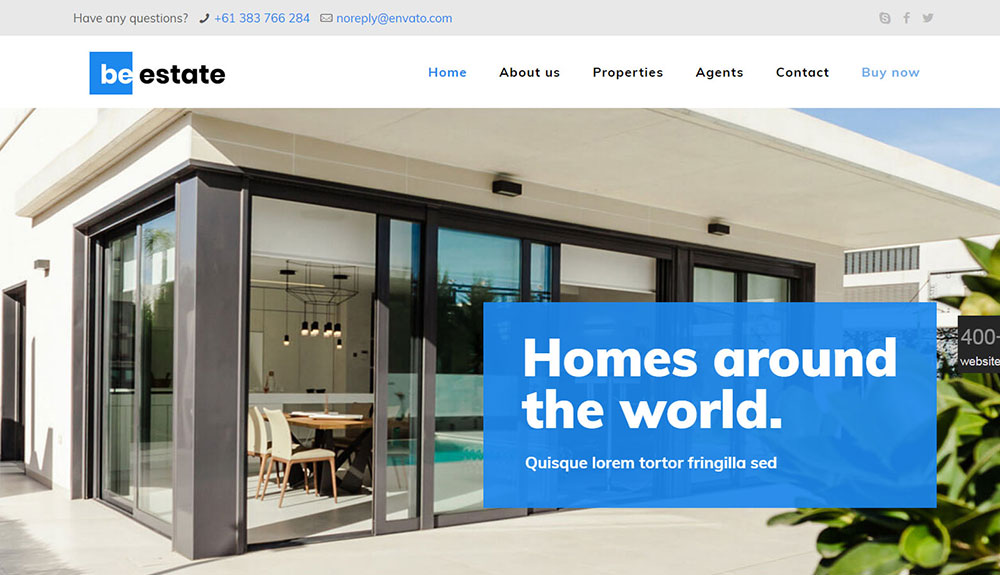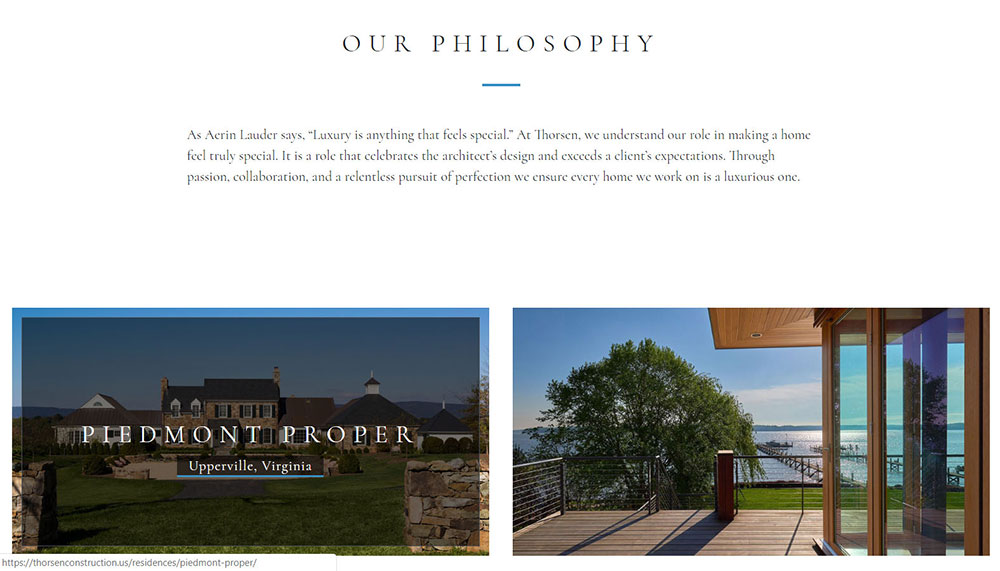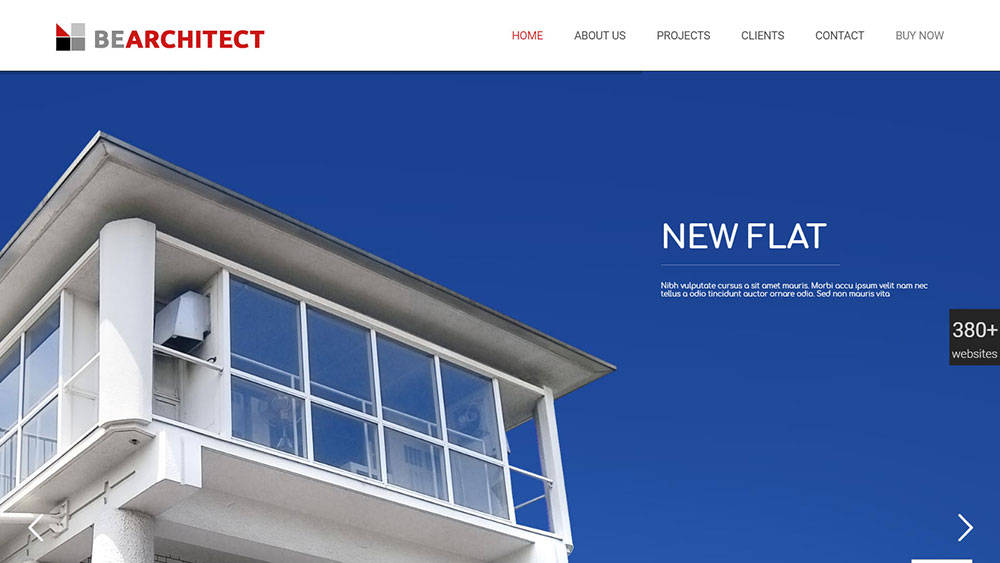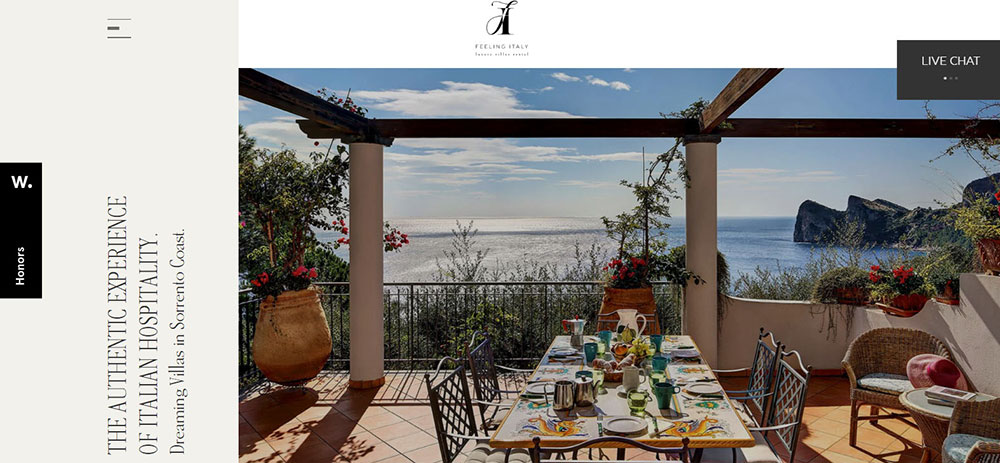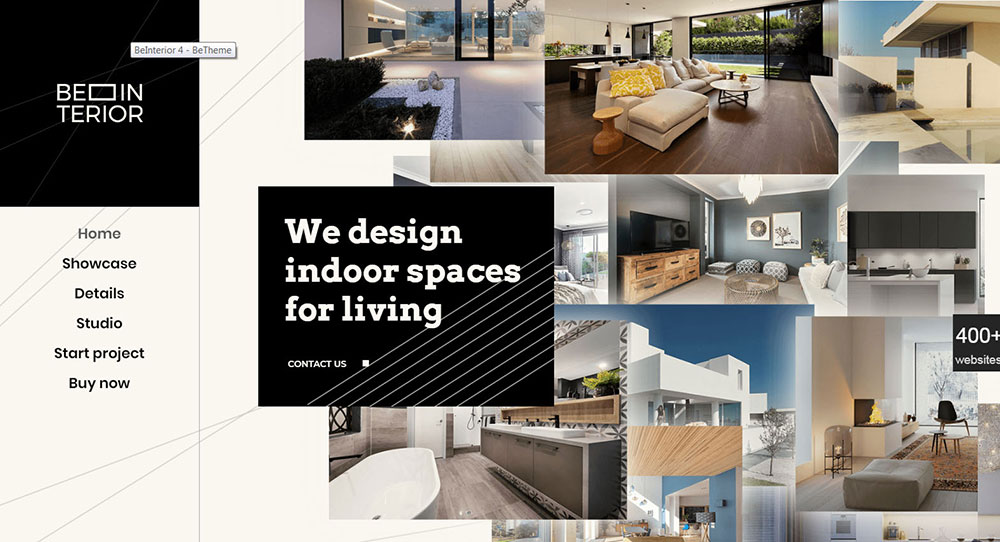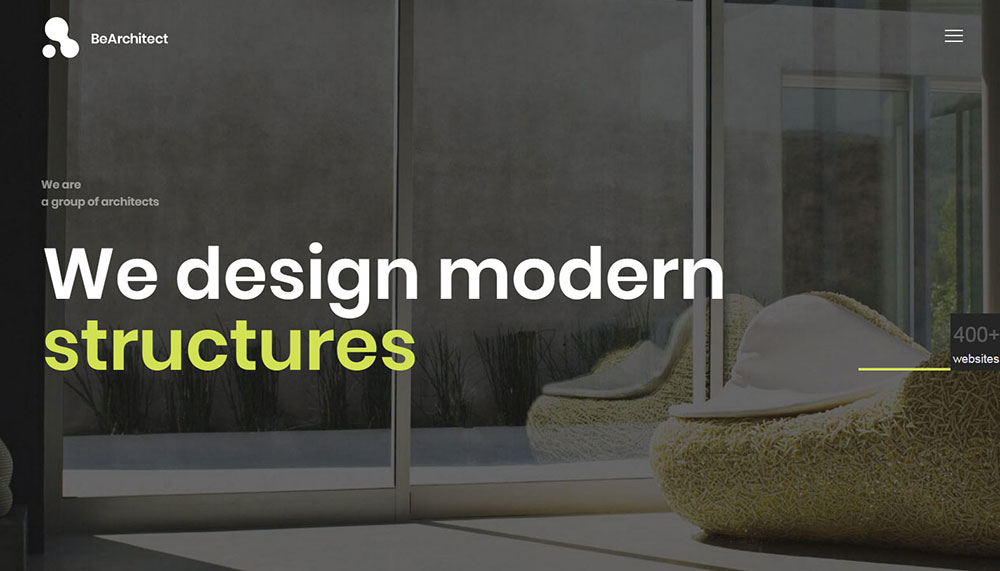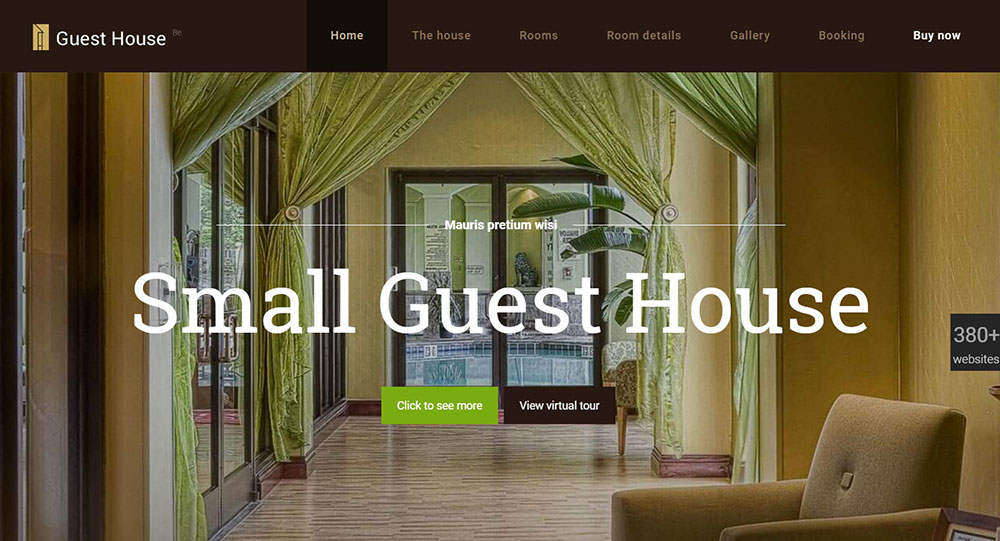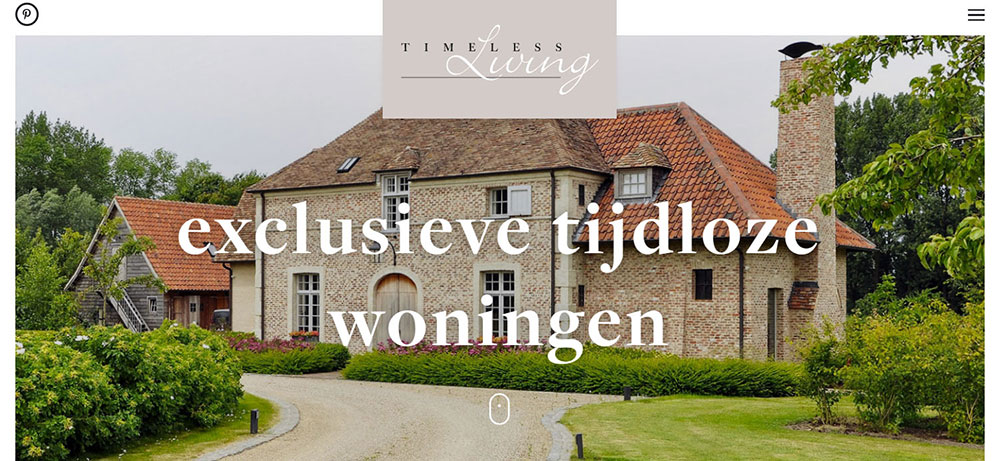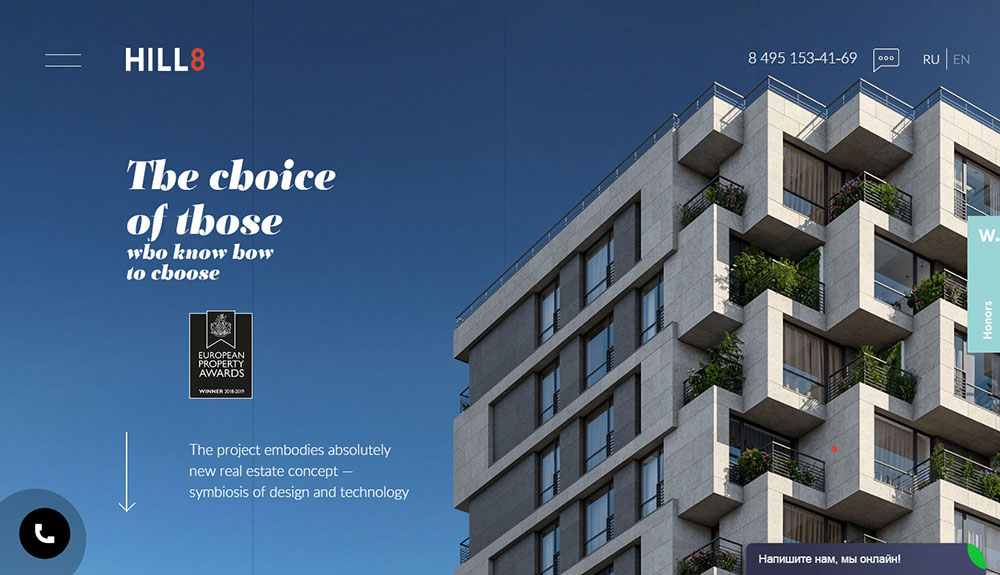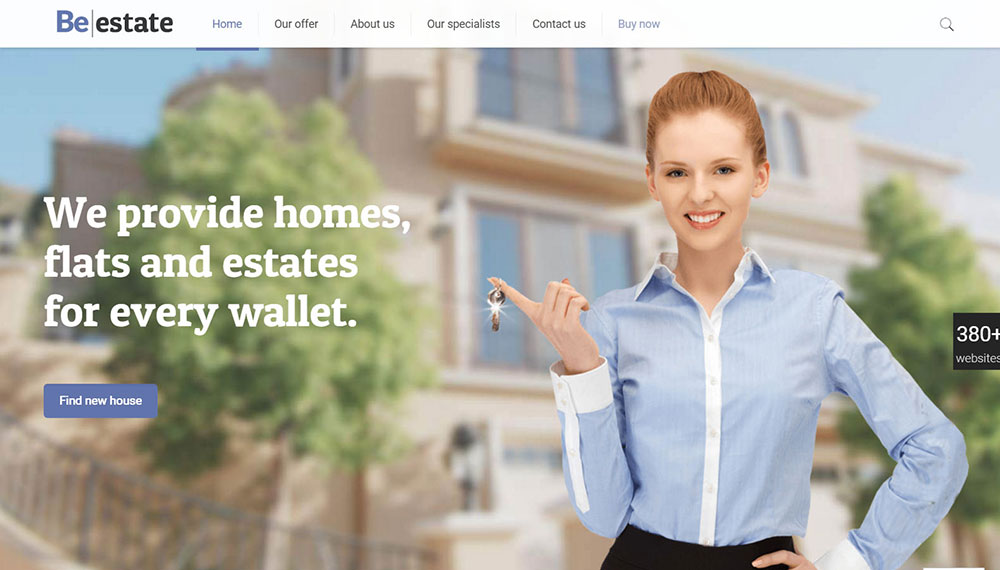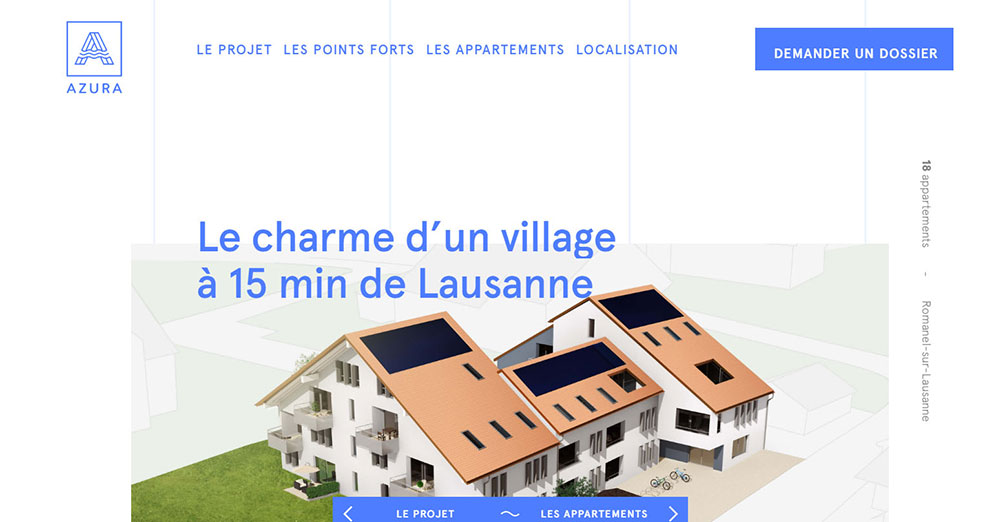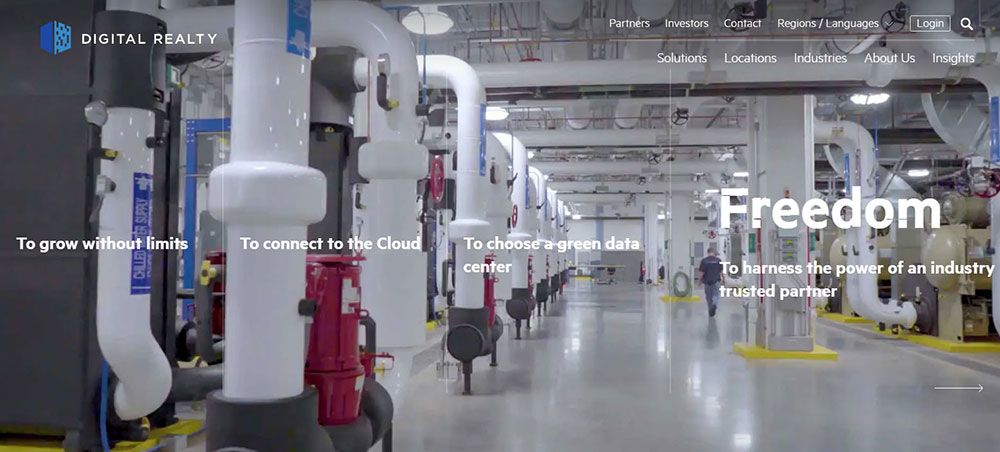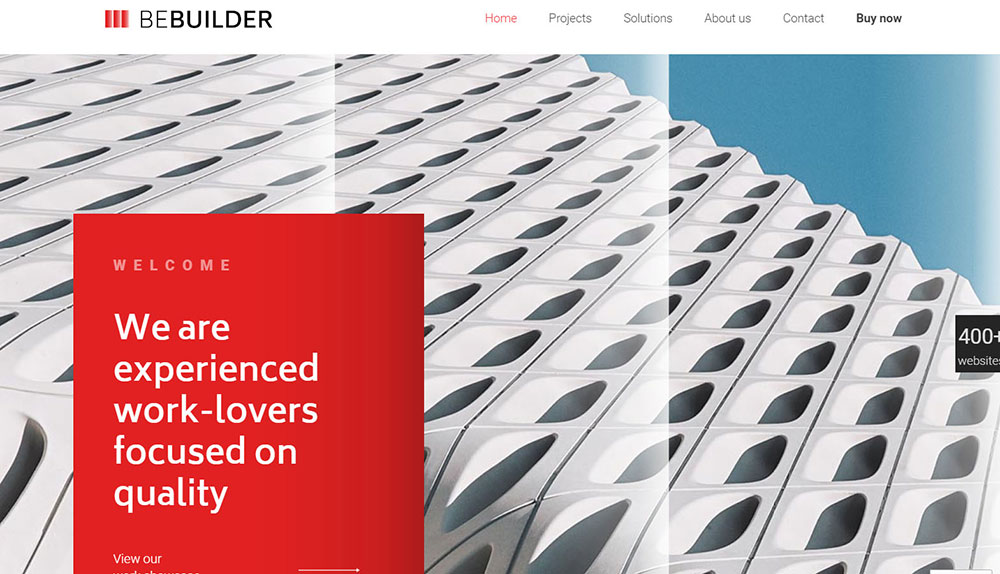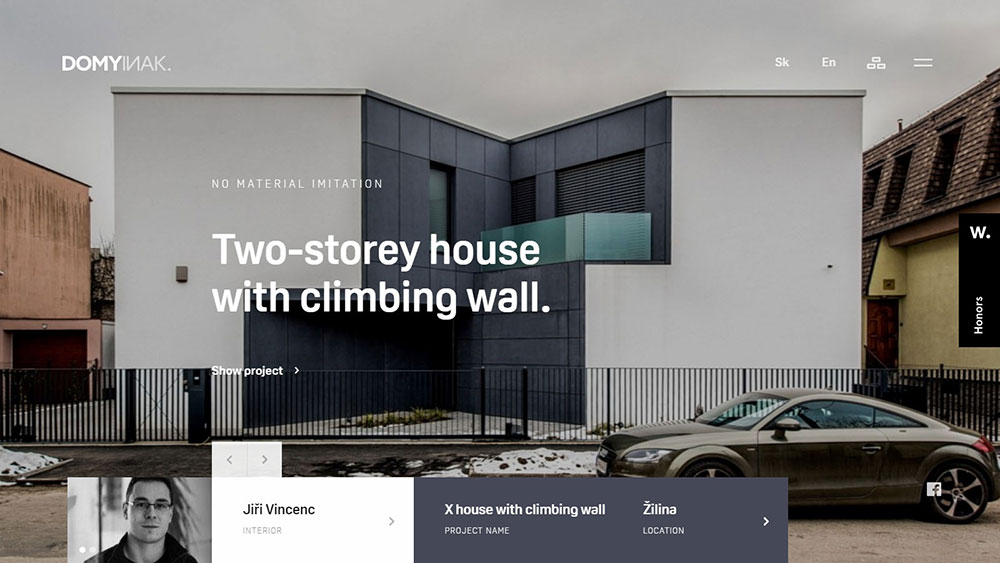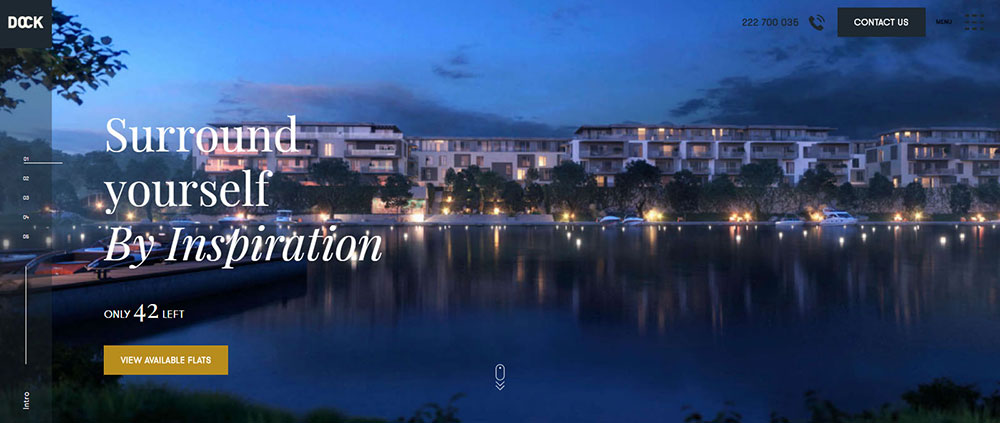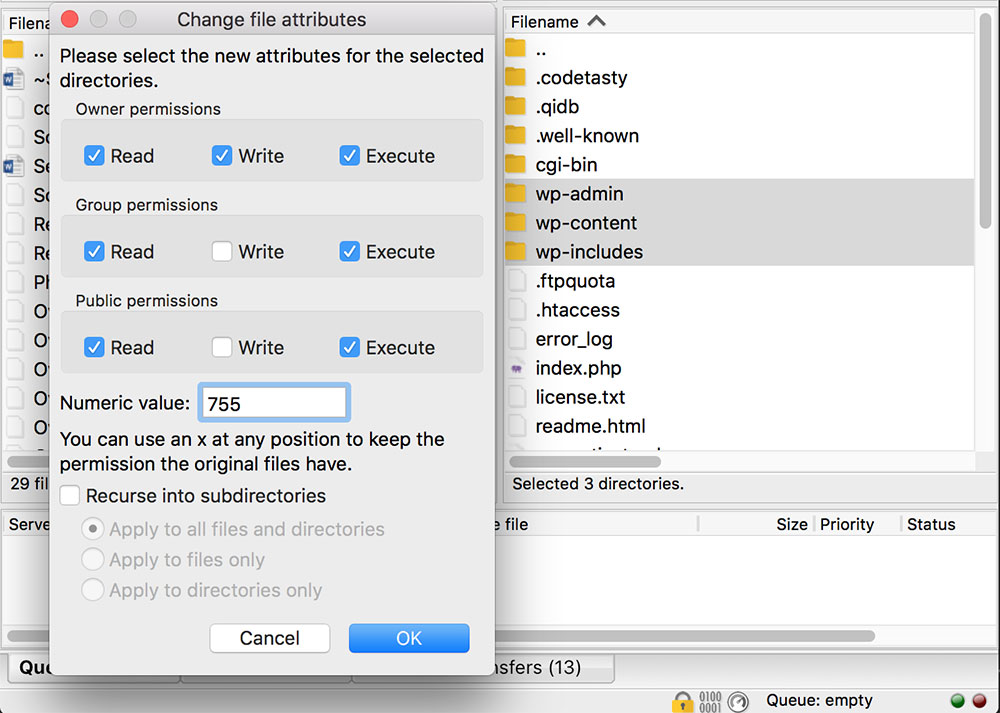
An error occurred while processing this directive [Fixed]
July 2, 2024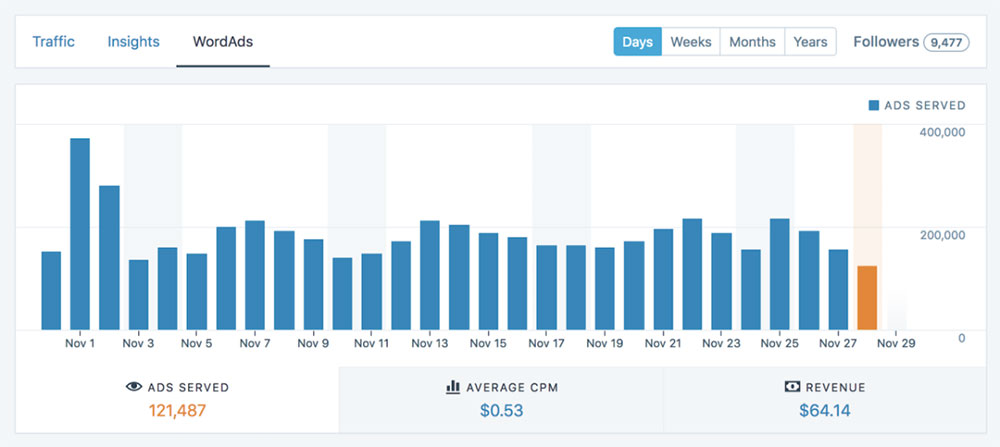
WordAds vs AdSense: Which one to pick for your website?
July 4, 2024Your real estate website isn't just an online business card—it's the cornerstone of your digital presence. The power of blending compelling "design inspirations" with robust functionality can't be overstated. You're about to dive into a treasure trove of real estate website design examples that redefine "user-friendly navigation" and raise the bar in the realm of real estate marketing.
With cleverly integrated tools like IDX integration and MLS search tools, these sites make property listings not just accessible but enticing.
Renowned platforms like Zillow and Realtor.com have set high standards, but individuality in design—such as using interactive maps and engaging virtual tours—can set you apart.
By the time you're done reading, you'll have insights to elevate your online presence with must-have features like responsive layouts, lead capture forms, and optimized SEO.
Ready to transform your digital portfolio? Let's embark on this enlightening journey.
Keep Your Website’s Navigation Simple
Your website doesn’t receive hits because people want its design to impress them; they’re just wanting to scroll through listings and discover how to get a good deal. These desires should be reflected in the navigation of your website.
When building your website, make sure that your design enables you to have a search bar that stands out and is easy to use. This makes things less confusing for visitors, which will lead to them spending more time on your website.
Update Your Website Regularly
You can improve your ranking in Google by updating your website (blog posts included) on a regular basis. While you can get away with updating your website every couple of months, you should be updating your blog posts once a week.
Our advice for you is to frequently update your website, whether it’s with testimonials or images. Put some thought into the journey users go through. Users decide on an agent either through referrals, Google searches, or by participating in a reliable B2B referral program. They’ll usually return to your site more than once, so it’s good to feature new content to show that you’re active.
Realtor websites should reflect active agents. It might not be easy to think of ideas to refresh real estate sites, but you can always add new images or testimonials of satisfied users or sellers.
It is extremely difficult to sell products online if the images are awful. Users may completely disregard a house if the images available on the website don’t do it any justice. The best real estate websites feature detailed images of high quality.
There’s basically only one reason why people visit websites for real estate, and that is to view images of beautiful houses. Let’s face it, the best way to please them is to give them exactly what they want, right?
You need to use stunning images of the properties that you have on sale to attract potential buyers and users to do business with you. An outstanding photography platform is a key component of your website.
If the property that you’re selling is in Iowa, it makes zero sense to have background photos of New York. Your homepage photos should show off the best-selling points of your area like Portico does, with users being able to view a beautiful and relatable backdrop.
No matter where you are, some good general advice for real estate websites is that you should highlight the thing that makes your area stand out. For example, realtors serving the San Francisco Bay Area could have a picture of the iconic Victorian “painted ladies” as the focus of their landing page. Realtors operating in upstate New York could include images of a traditional Tudor.
You can use imagery and content to highlight any areas of focus or specialties.
Do most of your sellers and buyers come from active-adult communities? Do you outsell your competition in commercial properties? Are families a top-priority? Are you experienced in the management of large apartment complexes?
It would be great to be the only source for certain listings, but the real estate industry doesn’t work that way.
Real estate websites looking to turn visitors into buyers require IDX integration so that visitors can actually view all of the homes in their area.
If they're using your website to do this, at some point or another they’ll get involved with you, and this can help boost your organization.
Not all parts of your website need to be designed; in fact, not even the workhorse of your website needs to be designed: the listings database.
You can use listing management tools such as Nestion and dsIDXpress to insert just one line of code into your website, which will give your users access all relevant listings.
Understanding and implementing local SEO is of great importance to your real estate website. If you have a good local SEO, people in your service area are more likely to find you and then do business with you. You need to use the proper schema markup elements in order for search engines to gain access to more information regarding your website and listing.
I would advise you to go for the official real estate agent schema markup plug-in. The schema is a semantic markup language that will describe your site’s elements so that it can be better categorized by Google’s search crawlers, which will give you an edge over competitors that don’t use this tool.
This will help you with getting those snippets when Google displays search results, and it also assists Google in ranking your site with a plug-in that doesn’t slow down your page.
If you incorporate social media, you’ll make it easier for users to interact with your website and share listings. These social media integrations should consist of relevant links back to your homepage which will boost your traffic.
Each page should include buttons and icons for social sharing. You could also include the option to sign in with Facebook or Google Plus, as this will help you collect more data about your users.
It can be time-consuming and also take up a lot of effort to search for the best home – especially if users are looking into a new neighborhood they’re not familiar with. Make it fun and engaging to search for properties by including dedicated pages with your latest best deals and recommendations.
Looking to advertise the top luxury estates in your area? Focus on constructions that are new or up-or-coming? Acreage properties that are for sale? Want to showcase the best luxury estates in your area? Highlight new or up-and-coming constructions?
Acreage properties for sale? Assemble customized hot sheets that emphasize those listings of yours that are the most high-profile. Customized layouts will help you summarize the relevant info and make it easy and quick to read.
If you make your users’ lives easier, they’ll love you for it.
There are some real estate users that are savvier and have more experience than others, whereas some don’t even know where to begin. Featuring various real estate search engines will enable you to appeal to all of these users, which will, in turn, increase your chances of gaining new users and leads. Realtor sites will gain a lot from including any or all of these types of these search tools:
Quick search toolbars: First-time users and those not familiar with your area of operation will love this compact and user-friendly option. These should be found on home screens as well as inner page margins, meaning that users have access to them no matter where they are on your website.
Advanced search page: This option is ideal for experienced users who know exactly what they want thanks as it includes a wide variety of search parameters. Search parameters should allow property buyers to narrow down results by popular features and luxuries such as walk-in closets, garage size, master bath, pool, fireplace, stainless steel appliances, etc.
Interactive map search page: This tool is great for anyone wanting to relocate within the area or region they’re already in thanks to its visual nature, and also those looking to relocate to somewhere of particular interest, e.g. a commercial establishment or school.
When people are looking for a new home, they usually know where exactly they want to move to. Creating area profiles has two benefits: First, it will make it faster for anyone who’s looking for a new home. They’re not interested in viewing every available house in that city or state. They just want to focus on one neighborhood.
Second, it does wonders for SEO search results. People will type ”Homes for sale” followed by the neighborhood’s name when looking for a house in a particular neighborhood. If you have a profile for that neighborhood, you’ll rank for it, which is a win-win situation.
Offer Community Pages
Community pages refer to those pages featured on your site that focus on the neighborhoods and towns that you operate in. For example, if the Katy area is your area of specialization, integrate a Google map of Katy and highlight its best features.
Buyers like to find out as much as they can about a neighborhood before relocating. They especially want to know about recreational options, city events, local businesses, and school districts.
Use a Chatbot To Passively Capture Leads At All Times
Potential leads will often visit your website and want to find out more, but they’ll never fill out your contact form. The more intelligent approach would be to use a chatbot.
Invoke Positive Emotion to Connect with Buyers
Your website should aim to form emotional connections with visitors at all times. Put some thought into the images you choose for your home page or about page. Do they evoke a feeling of joy, hope, family, or security? Are they trustworthy? How do visitors feel when they enter your website? Ask a friend to visit your website and be honest.
Happy people are the kind of people we all want to do business with. This is why I recommend you take pictures of yourself with everyone you sell a home to.
Publish these images on your website to provide social proof and security.
When planning your website’s content, fewer people may search for long-tail keywords, but those people are more likely to convert.
Long tail keywords are usually three or four words long and they’re extremely specific to whatever the user is searching for (e.g. “new home construction Lancaster”), and the results they offer can be amazing.
Another way to increase conversions would be to use a plugin like WPVR, a virtual tour builder plugin for WordPress that can help you create great virtual reality presentations.
Useful Resources
Make sure that you don’t limit the information offered on your website to property listings.
Instead, turn your website into that one place where potential clients can find everything they need.
Become the best resource for local information by featuring informative sections such as:
- Buyers’ and sellers’ guides. Buying and selling real estate can take a while and seem like too much, so keep your users satisfied during the process.
- Mortgage calculator. Include a built-in mortgage calculator to help buyers shop within their expectations and avoid them committing to a property they cannot afford.
- Home valuation. Give users a reliable estimate of the value of their current property so that they can amplify their profits on a deal.
- Regular market reports. Experienced investors and property owners will research the market before doing anything. By publishing market reports on your website, you’ll ensure that they’re up-to-date and that they’ll return.
- Lifestyle guides and blogs. Potential buyers will always like to know what kind of local lifestyle they’ll potentially become a part of. A blog is a good way to cover various topics such as lifestyle guides, lists of prominent events and attractions, and detailed neighborhood descriptions.
Experienced agents will often create single property websites for certain listings.
For your single property sites, use a custom real estate website template, or create an automated solution to ensure the consistency of your brand on all your domains.
It can be of great assistance to feature an all-in-one solution, where you can add without difficulty data such as photos, property information, marketing materials, and videos.
Use Google Analytics
Thanks to Google Analytics you’ll discover vital information about your website visitors, including other websites they’ve visited.
For example, if they never seem to reach the listings, this will help you discover why. You can also learn which listings are more popular than others, and should, therefore, be showcased – people are more likely to be interested in an enticing home if it’s the first thing they see upon entering your website.
As soon as you learn how to understand what you're looking at, create reports and ask questions, that data can be used to improve your website and turn visitors into users.
Finally, the user experience is important. Aim to provide visitors with an amazing experience. There are plenty of ways to draw people to your website, but you have to get them to stay (and hopefully return). A tool like JotForm PDF Editor can be used, which you can collect the necessary data and turn them into well-designed PDF reports for a better understanding of your visitors. You can share the created PDF reports with your colleagues easily to close more listings.
Don’t wait — start optimizing your page today so that can become one of the best real estate websites tomorrow!
If you’re having trouble with designing your real estate website, or you just want to make it better, try out these tips.
FAQ on real estate website design
What features make a real estate website effective?
For a real estate website to truly shine, it must incorporate responsive design, allow MLS and IDX integration, and present interactive maps. Ensuring seamless navigation with intuitive, user-friendly layouts improves user engagement. Use virtual tours to captivate visitors, and strategically place lead capture forms to drive inquiries.
Why is IDX integration important in real estate websites?
Simply put, IDX integration enables websites to seamlessly pull information from MLS databases. This means that potential buyers get real-time access to up-to-date property listings. This keeps your website relevant and your audience engaged, as they'll always see the most current homes for sale.
How can design improve user experience on a real estate website?
Good design isn't just about aesthetics. It's about enhancing the UX by making information easy to find. Responsive designs cater to all devices. Engage users with call-to-action buttons and include social media integration for a truly immersive experience. A well-designed site fosters trust with potential clients.
What role does SEO play in real estate website design?
SEO isn't an afterthought; it’s integral. From using schema.org markup to implementing SEO best practices like clean code and meta tags, good SEO ensures visibility. By optimizing your website, you can improve rankings on search engines, ensuring you don't just vanish into the digital void.
How do virtual tours enhance real estate websites?
Virtual tours offer a dynamic, engaging experience that static images can't match. They allow potential buyers to explore properties from the comfort of their homes. This immersive content elevates your site's offerings, making it a favorite for homebuyers preferring a deeper look before visiting in person.
Which platforms or tools are best for building real estate websites?
WordPress and Squarespace are both robust platforms, offering customizable features and CMS capabilities. Supplement these with tools like Google Maps API for geolocation and HubSpot for marketing automation. By leveraging these, you create scalable, efficient sites that cater to dynamic real estate needs.
What design inspiration can be derived from top real estate websites?
Top sites like Zillow and Redfin mix clean interfaces with strategic feature placement. Using a balance of whitespace, prominent imagery, and slick navigation paths, they inspire intuitive experiences. Consider implementing testimonials, neighborhood guides, and detailed agent profiles to mimic their success.
How important are mobile optimization and responsive design?
Crucially important. With more users browsing via mobile devices, ensuring your site bears a responsive design is non-negotiable. Mobile optimization helps with rankings and user satisfaction. Using frameworks like Bootstrap assures that your site performs well across all screen sizes without compromising quality.
How can content management systems (CMS) benefit a real estate website?
A powerful CMS streamlines the process of updating content, allowing realtors to focus more on sales than site maintenance. Systems like WordPress offer plugins to enhance functionality, from handling property listings to managing SEO. An efficient CMS reduces overhead and enhances content quality delivery.
What are some examples of successful real estate websites?
Consider Trulia and Realtor.com as excellent models. These sites successfully integrate SEO entities with responsive designs to stand out. They leverage MLS search tools and virtual tours for comprehensive user experiences. Their expertly curated content and seamless UX set benchmark standards in the real estate web space.
Conclusion
Navigating the vibrant landscape of real estate website design examples reveals the crucial elements that define success in digital real estate. As we've journeyed through the intricacies, it's clear: effective websites blend responsive design with engaging visuals and strategic features. Harnessing IDX integration, intuitive user interfaces, and immersive virtual tours enhances the customer journey, turning clicks into inquiries.
Your online presence, fortified by robust SEO practices and adapted for mobile optimization, positions you within the competitive sphere of real estate. Notable platforms like Zillow and Realtor.com set benchmarks, inspiring web designs that prioritize functionality and user experience.
Diving into content management systems, leveraging tools like WordPress and Squarespace, future-proofs your digital strategy. By focusing on these design cornerstones, your real estate website won’t just exist—it will thrive, capturing leads, and engaging audiences. Ready to elevate your online real estate venture? The blueprint is before you.


